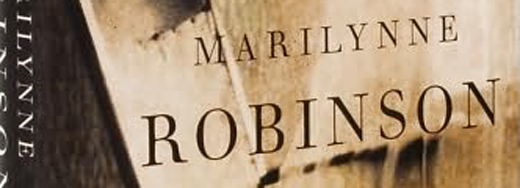Morning Read: Picking Up
Monday, December 8th, 2008Slowly resuming the Morning Read, I confined myself to this season’s two principal books, Moby-Dick and Don Quixote this morning. Both of the day’s chapters pick up after exciting events. That I knew right away where I was with Don Quixote, but had completely forgotten the foggy squall in which Ishmael’s story nearly came to an end, gives some indication of my very different feelings about these books.
Creaky and improbable, Don Quixote is nevertheless always familiar, probably because it seems to have been well-known to everyone who wrote an opera in the Eighteenth Century.
When Cardenio heard the ay! that came from Dorotea when she fainted, he thought it had come from his Luscinda, and he rushed out of the room, terrified, and the first thing he saw was Don Fernando with his arms around Luscinda. Don Fernando also recognized Cardenio, and the three of them, Luscinda, Cardenio, and Dorotea, were left speechless with astonishment, barely knowing what had happened to them.
This is a moment for one of Mozart’s finely-tuned thunderclaps. So what if our hero makes no appearance in the chapter!
Melville’s sense of humor reminds me of long business dinners that I have sat through, laughing reluctantly at the would-be hilarities of ponderous humorists. “The Hyena” begins,
There are certain queer times and occasions in this strange mixed affair we call life when a man takes this whole universe for a vast practical joke, though the wit thereof he but dimly discerns, and more than suspects that the joke is at nobody’s expense but his own. … There is nothing like the perils of whaling to breed this free and easy sort of genial, desperado philosophy; and with it I now regarded this whole voyage of the Pequod, and the great White Whale its object
“Queequeg,” said I, when they had dragged me, the last man, to the deck, and I was still shaking myself in my jacket to fling off the water; “Queequeg, my fine friend, does this sort of thing often happen?” Without much emotion, though soaked through just like me, he gave me to understand that such things did happen often.
It fails either for being not funny enough or for being funny at all; I can’t tell which.












